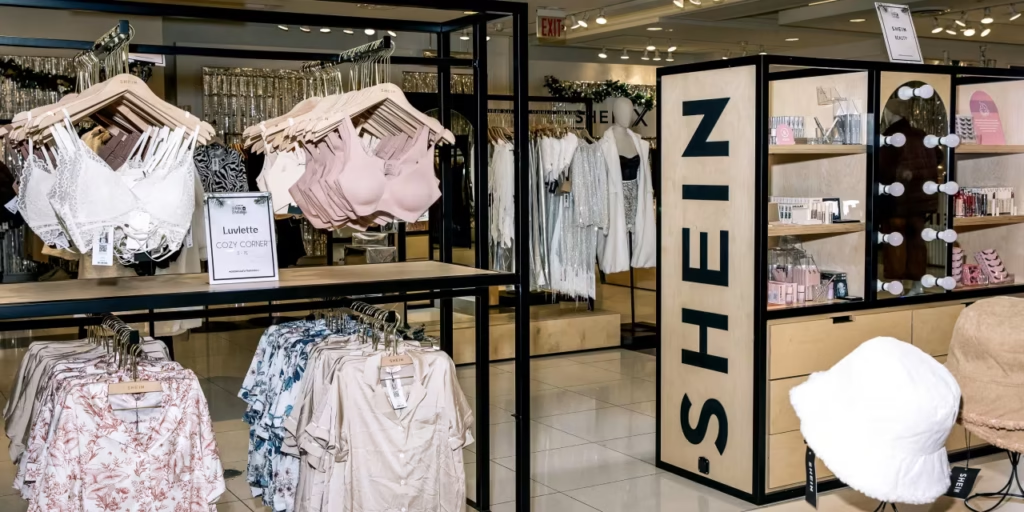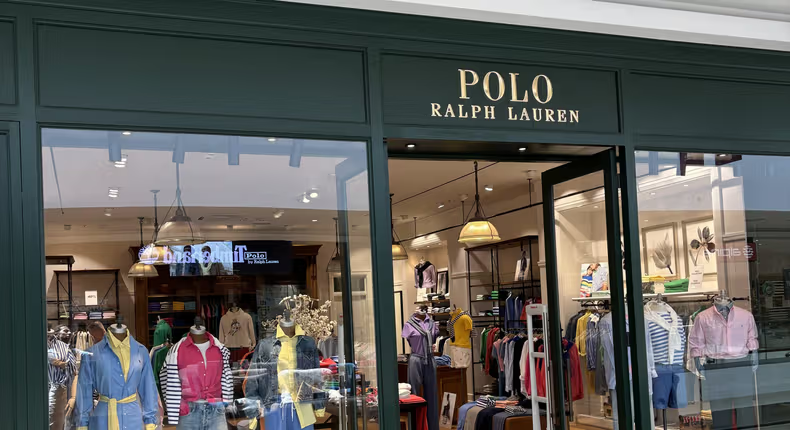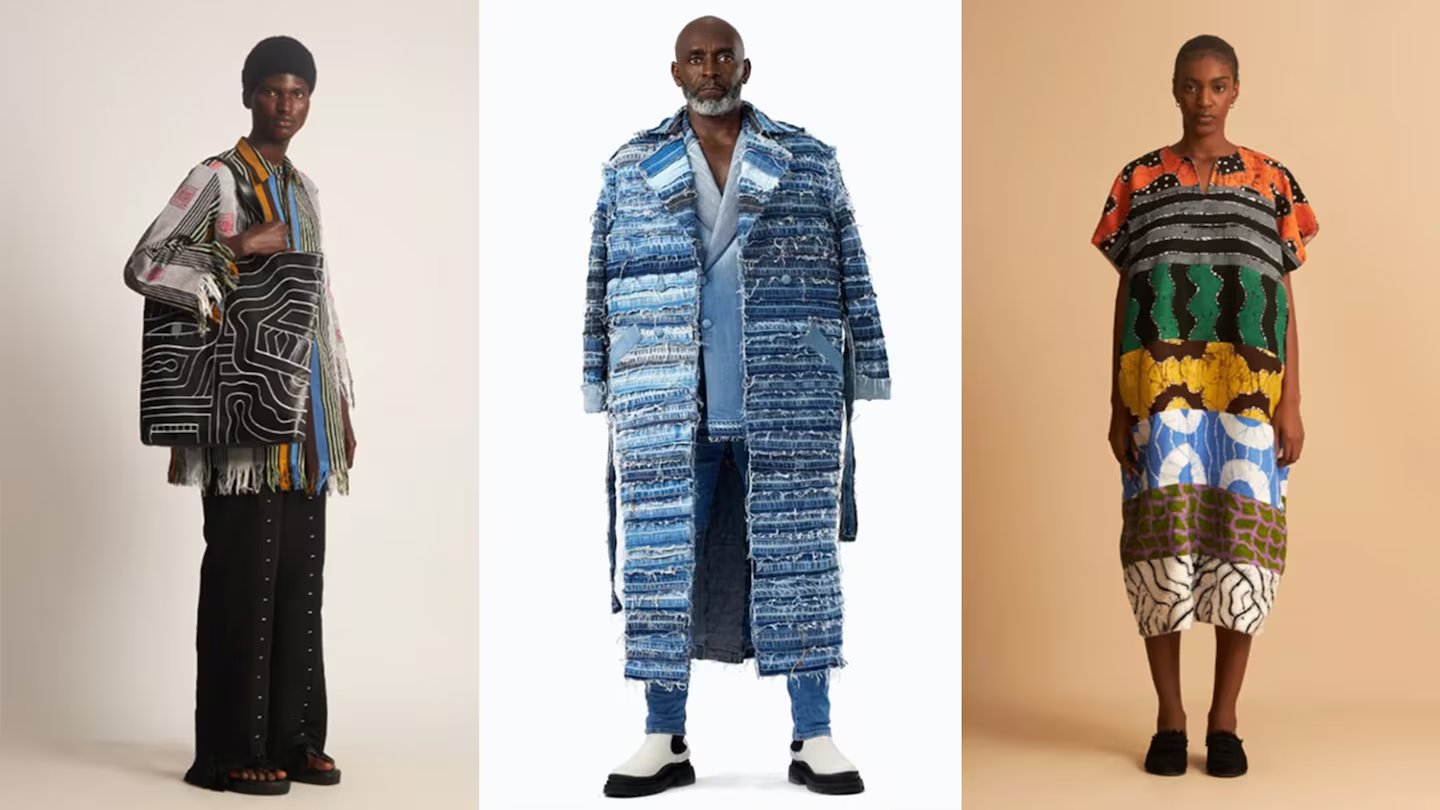It starts with a pair of Nike trainers on the feet of a teenager in Lagos and an Adidas tracksuit on a billboard in Nairobi. At a fashion pop-up in Accra, the Louis Vuitton monogram is discernible under a wax print jacket. African urban fashion is no longer just local; it’s global, and the global is arriving fast, loud, and in layers.
The continent buzzes with the energy of style, and international brands are paying attention as never before. Africa, its population young, mobile-first economy, and rich culture of self-expression, is no longer just a consumer market; it’s a fashion frontier. From the rough edges of Johannesburg’s sneaker boutiques to the skyscraper malls of Cairo, Africa is shaping and being shaped by the world’s biggest brands. And the brands behind this wave are the usual suspects, now learning to speak with a very African accent.
Nike remains the most revered brand in Africa, and it’s easy to see why. More than a sportswear brand, it has become a canvas for African identity and movement, on and off the pitch. African youths in Lagos or Kigali don’t just wear Nike to play; they wear it to act, to protest, to pose. The swoosh has taken on meanings that go far beyond sport; it’s entered the rhythm of everyday life, integrated into the culture of music videos, street dance, and campus style.

Then there’s Adidas, riding the wave of athleisure and fashion-forward sportswear. But whereas Nike speaks in terms of power and aspiration, Adidas identifies with extraordinary rebellion. From continent-spanning collaborations to advertising that taps into the skate and rap underground of North and West Africa, the brand has a particular hold on anyone who wants to have their identity a little bit off-centre.

Yet it’s not just sportswear that is having its moment. High fashion, also, has found fertile ground on the continent. Gucci, with its maximalist aesthetic and Instagram-native boldness, has become a mainstay of Africa’s fashion-forward circles in cities like Nairobi, Accra, and Johannesburg. Its appeal isn’t so much exclusivity, but fantasy. Gucci offers African youth the tools to dream out loud, to remix heritage with hedonism, to be seen.

Louis Vuitton has also pursued a more measured path. Formerly a long-time status symbol in large African cities, it has now started to head towards the cultural centre. It has partnered with African creatives and stylists, understanding that influence here isn’t made by slapping logos but by being there, in the right spots, with the right voices. When Wizkid or Burna Boy is rocking LV, it means something. It’s not merely a look. It’s an indication that international luxury is taking notice of African cool.

Dior, too, has taken deliberate steps. Its collaboration with artisans across the continent, particularly through detailing and embroidery, speaks to a future where African craftsmanship becomes couture tradition. Rather than merely retailing goods in African markets, Dior has begun to introduce African narrative into its collections, giving the continent a stake not just in the retail chain but in the design process itself.

And then there’s Prada and Chanel, less loud, more classic, but surprisingly consistent in how present they are. In upper echelons in Cape Town, Luanda, and Casablanca, these houses continue to reign. The appeal lies in the timelessness they provide, offering a quiet, aspirational respite from the din of trends. They are not the most vocal brands on social media, perhaps, but they are indicators of longevity, power, and sophistication that many still want to aspire to.


As heritage houses maintain their influence, Puma and similar brands are gaining momentum among Africa’s Gen Z. With brand ambassadors like Davido and a clear commitment to street culture, Puma is speaking in a new and relatable language. The brand is not attempting to get Africa, it’s listening, learning, and partnering with creatives that do.
Fast fashion giants have also joined the fray, most notably Zara. Its ability to scan global changes has seen it succeed in fashion-conscious cities such as Dakar and Lusaka. In South Africa, though, a different kind of brand disruption is taking place. Shein and Temu, the Chinese e-commerce giants, are disrupting the industry entirely. Through rock-bottom prices and aggressive online promotion, they’ve rapidly taken over fast fashion in the country, eclipsing even Zara and H&M in market presence.



It’s a delicate balance. For all the access and choice these brands have offered, their rise has also driven conversations about sustainability, local industry disruption, and cultural homogenization. However, it’s difficult to dispute their influence, particularly among young shoppers who crave fashion at the tap of a screen and the scroll of a feed.
From Cape to Cairo, one thing is for sure: fashion is now two-way traffic. African consumers are not just buying into international brands — they’re also influencing how those brands behave and think. The catwalk may still be in Paris or Milan, but the rhythm? It’s increasingly African. Global fashion brands are being forced to consider not just how they sell to Africa, but how they collaborate, engage with, and reflect it.
And this is only the beginning. With Africa’s designers rising and challenging the hierarchy, international brands will need to keep evolving if they’re going to remain players. Those who do will be the ones who don’t merely dress the continent in their vision, but who open their doors to Africa’s.
Because in 2025, style isn’t just about where you’re from. It’s about who you’re willing to listen to. And Africa, finally, is speaking in its own language of fashion, bold, vibrant, unmissable.

























